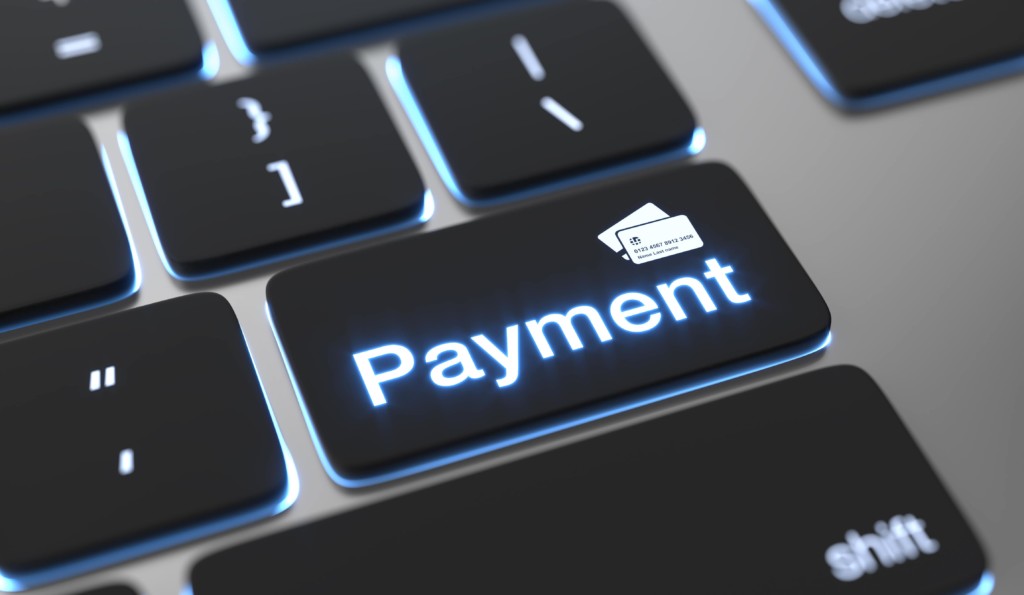What is a Demand Letter for Payment and How Does It Help Home Furnishings and Accessories Suppliers Increase Debt Collection Rates?
A demand letter for payment is most often a letter, usually written by an attorney for a client or whomever they are representing’s behalf, demanding that the recipient of the letter take or cease or perform a certain action by a date. The purpose of a demand letter is to begin legal negotiation between opposing parties that will result in dispute resolution rather than having to head to court, and to influence the recipient’s understanding of the dispute’s risks and rewards in a way that favors the client’s interests.
Demand letters usually include what is at risk to the sender or what the sender or business may have already gone through, and the payment or amends the sender requests to try and mollify the situation at hand.
Demand letters for payment usually attempt to convince the recipient that their chance of success in litigation is low or that the expense, time commitment, and inconvenience of litigation is too high.
Demand letters for payment can be particularly persuasive when they contain legal, practical, and emotional arguments. To draft a compelling argument and to convince whoever is receiving the letter, it is important for the letter writer get’s into the mid of the recipient, playing special attention to their interests and goals. When writing, the writer needs to pretend as if they are the ones receiving and reading the demand letter for payment.
Collecting outstanding debts is a core function of every credit department. Writing off bad debt is never a good outcome, but it is all too common – businesses write off 1.5% of receivables annually. For credit managers in the furniture and home furnishings manufacturing industry, a credit demand letter is one of the most worthwhile, effective tools available to improve collection rates and reduce those write-offs.
What is a Credit Demand Letter for Payment?
A lot of people ask specifically, “What is a credit demand letter?” A demand letter is just as it sounds – a letter demanding payment on an account. At FMCA, we use a 10 Day Collection Demand letter to help our members address accounts that have fallen behind. When payments are made within that 10-day window, no fees are applied to the account. After 10 days have passed, the member can decide whether to hand the account to collections or if other action will be taken instead.
Thanks to our many years of experience in this industry, we can state confidently that 10 Day Final Demand letters get excellent results. Even when using the best information for making smart credit decisions – like the credit reporting tool offered by FMCA – some accounts are sure to fall past due. Using a 10 Day Collection Demand Letter as a standard procedure for those accounts is an effective method of collecting as much of the debt as possible before the rest is sent off to collections. With FMCA, our members do not need to know how to write a final demand for payment letter as we take care of that for our members.
Why Credit Demand Letters for Payment Work
The clarity of the 10 Day Final Demand letter is what allows it to be so effective. Sending an open-ended letter or making a few phone calls doesn’t have the same effect because there is no clear requirement for action.
With a well-written credit demand letter that demands payment within 10 days or the account will be turned over to FMCA for collections and reported to the major credit bureaus. The debtor knows clearly what is expected and the consequences/action that will be carried out if they fail to address the debt in that time frame.
Beyond the practical benefit of laying out expectations for payment, a demand letter can also serve as a paper trail for your collection process. Before turning the account over for collections activity, you will have a copy of the letter that was sent asking for payment of the past due amount.
Being the Squeaky Wheel
If a customer with a past due account doesn’t hear anything from your credit department, that past due amount will become easier to ignore. It will easily slide from the 30-day category over into the 60-day category, and eventually, it will be 90- or 120-days past due. Regardless of what the reason for non-payment may be, the customer will find it easy to overlook a debt that isn’t being pursued.
Using a demand letter as part of your ongoing process puts a stop to all of that. The letter will make it clear that payment must be made to avoid collections, and that payment is expected within ten days. Instead of allowing the account to just slide along as the months go by, your customer will be forced to confront the issue and determine a course of action. Whether that is paying the amount in full or contacting your office to work out a payment plan, you’ll be in a better position than if you heard nothing at all on the account.

Contact Us Today for More Information
At the Furniture Manufacturers Credit Association, we aim to provide ongoing value to professionals in this industry. Our free 10 Day Credit Final Demand letter is just one of many ways we serve our members. If you have not yet joined our association, please feel free to reach out today for more information. Thank you for visiting FMCA.
Smart People + Good Data = Better Credit Decisions
Sign up for FMCA! We’re a community of credit professionals who motivate and help our members succeed in their credit careers- whether just beginning or sharpening the axe with decades of experience.
We provide comprehensive credit reporting, collection services, industry leading educational opportunities, and a network of like-minded individuals to learn and grow with.
If you liked to see what we’re all about, sign up for a free trial to see for yourself! You get 3 free reports.
